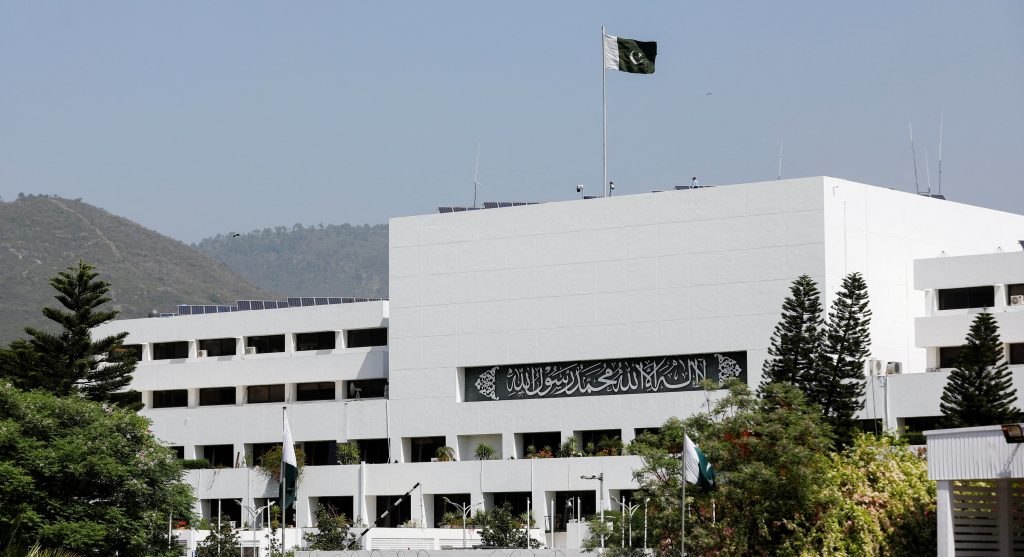ISLAMABAD: The inaugural session of the 16th National Assembly of Pakistan is set to take place on Thursday at 10 am, proceeding without formal approval from President Dr. Arif Alvi.
Speaker Raja Pervez Ashraf has issued a notification for the meeting, defying the President’s request for further consultation. During the session, the newly elected members will take their oaths, marking the official beginning of their parliamentary responsibilities.
The convening of the National Assembly signifies a significant milestone in the democratic process following the recent elections. It will witness the gathering of newly elected members, their oath-taking, and the initiation of legislative tasks.
Earlier, tensions arose between the federal government and President Dr. Arif Alvi regarding the National Assembly session. The government contended that there is no constitutional provision preventing the convening of the NA session in the absence of reserved seats.
Despite objections from President Alvi, Speaker Raja Pervez Ashraf proceeded to convene the National Assembly meeting, highlighting a divergence from the President’s stance. This development underscores the complex political dynamics within Pakistan’s legislative framework.
The President had wrote a letter to the Caretaker Prime Minister to to complete the house first.
It is pertinent to mention here that the ECP has withhold the notification of the 25out of 70 reserved seats. The ECP has notified 38 out of 60 women seats in PA and the poll body’s decision whether to allot the remaining 22 seats to SIC remains pending. Likewise, seven out of 10 non-Muslim seats in NA have been allotted and the ECP decision on remaining three seats to SIC candidates is pending.
In the National Assembly, there are a total of 70 reserved seats, with 60 reserved for women and 10 for religious minorities, within the 336-member house. These reserved seats are allocated to parliamentary parties in proportion to their representation in the assembly. Similarly, reserved seats in the four provincial legislatures are distributed among parliamentary parties based on their numerical strength in the respective houses.
Under the allocation formula, each reserved seat in the National Assembly corresponds to 4.8 members. Applying this formula, the Sunni Ittehad Council (SIC), with 92 members in the National Assembly, is expected to receive approximately 19 seats.
Presently, 86 independent members, supported by Khan, have declared their support for the SIC. They have formally joined the party by submitting their affidavits to Pakistan’s election regulator.


